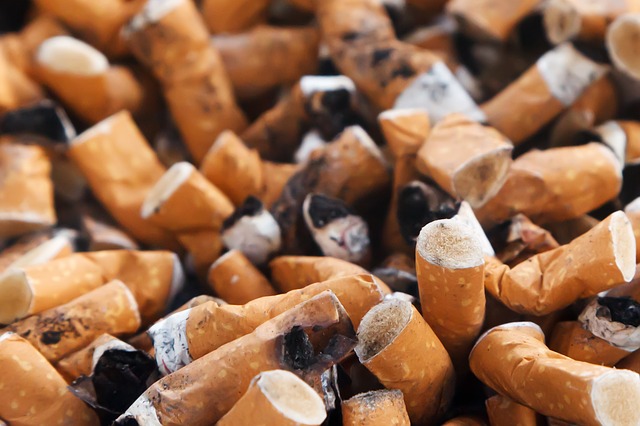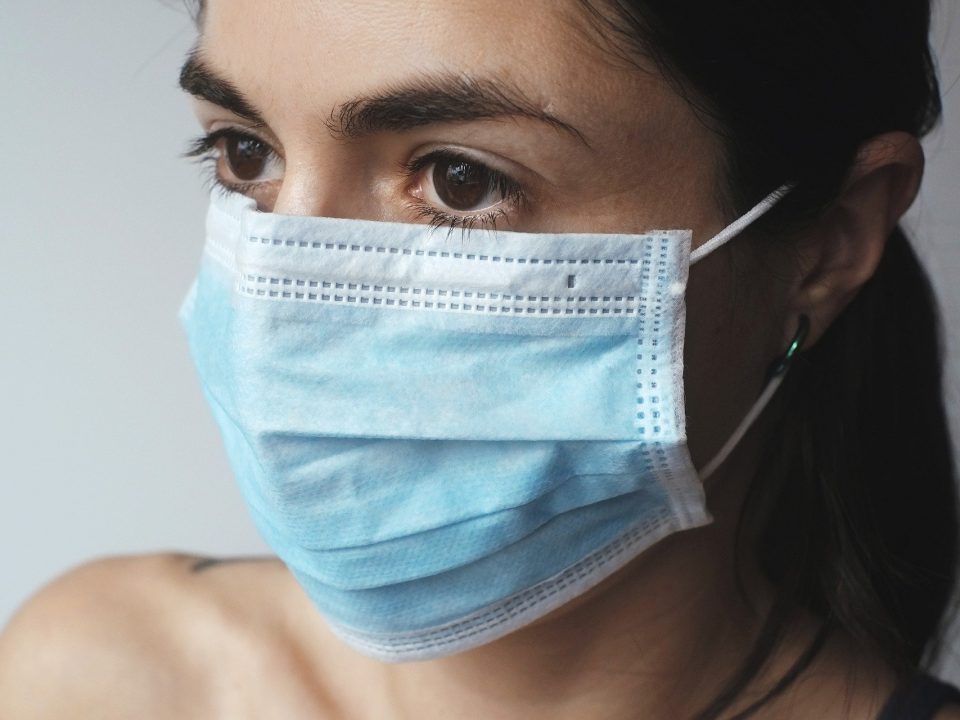Philly Health Department Combats Smoking

By now it’s no mystery that cigarette smoking is terrible for one’s health. Even smokers know that, thanks to warnings on cigarette packaging and advertisements, as well as decades of public health education. Then there’s the fact that cigarettes are highly taxed, causing them to cost an arm and a leg. You might think that there’s an abundance of disincentives for folks not to pick up a cigarette, but the Philadelphia Health Department feels like the message still isn’t getting across strong enough.

Cigarettes are a danger that is disproportionately aimed at low-income citizens, says the Health Department.
Philadelphia’s health commissioner, Dr. Thomas Farley, has determined that smoking is the number one killer in the City of Brotherly Love, accounting for more deaths than homicides, AIDS, car accidents, diabetes and illegal drugs all put together. It doesn’t help that Philadelphia has one of the highest smoking rates of any big city in the United States. The Kensington area of the city, one of the lowest-income neighborhoods, has the most smokers.
“Philadelphia has the highest smoking rate of any big city in the country,” he said. “We have about twice as many stores that sell tobacco products as other big cities and those stores are concentrated in low-income neighborhoods like this.”
To try and squash out smoking, the Health Department wants to place a limit on how many stores can sell cigarettes, especially in low-income neighborhoods, and would disallow any convenience store or other retail outlet within 500 feet of a school from selling cigarettes. Farley points out that, in Kensington, there are several convenience stores close to public schools that feature brightly-colored cigarette advertisements. Teenagers get hooked on cigarettes, he says, and then become hopelessly addicted as adults.
The National Association of Tobacco Outlets is, unsurprisingly, opposed to the city’s proposed regulations. According to CBS3, “the organization says the proposed rules will hurt law-abiding retailers and stifle new economic development in more than three quarters of the city.”
The Health Department is working with the mayor to issue briefings on the new regulations, which they hope will be legalized by the beginning of the new year.



